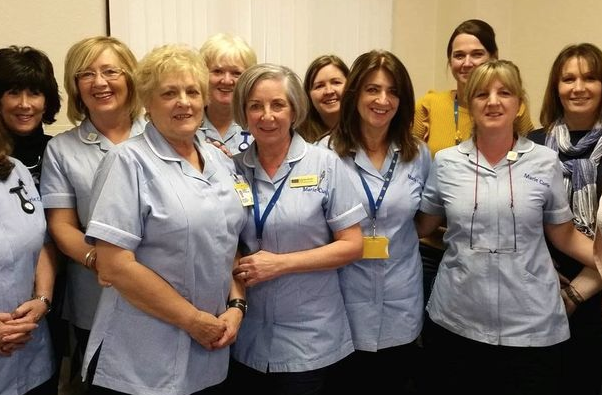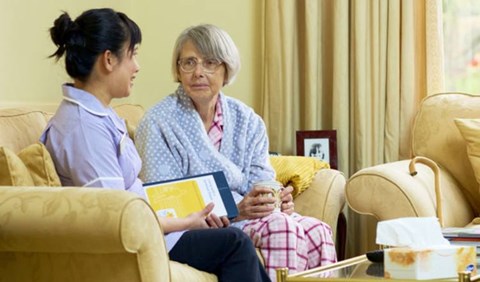MarkWilkin 11 years ago
Edited by MarkWilkin 11 years ago
Thanks to everyone who's posted questions so far, Ann will be back tomorrow at 3pm to answer more of your questions.
Rathlin38: In addition to what Ann has said I'd also recommend this information sheet by Child Bereavement UK on Explaining funerals, burial and cremation to children to you.
BJS66: Your sons might also find our page on coping with grief as a teenager helpful to read by themselves.
Thanks





